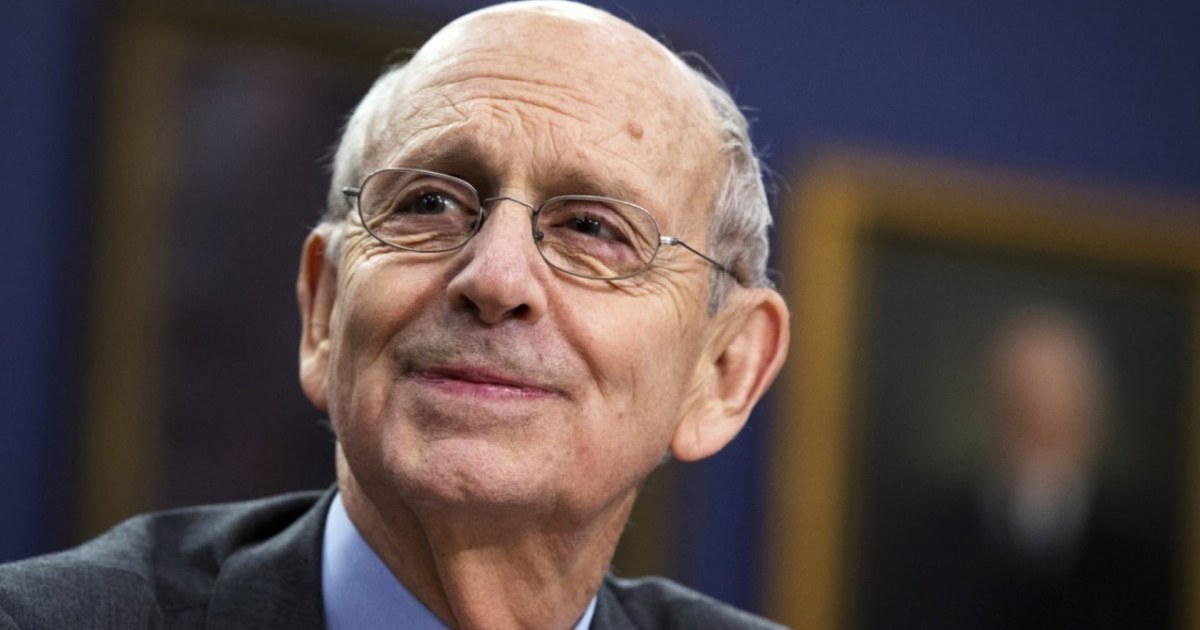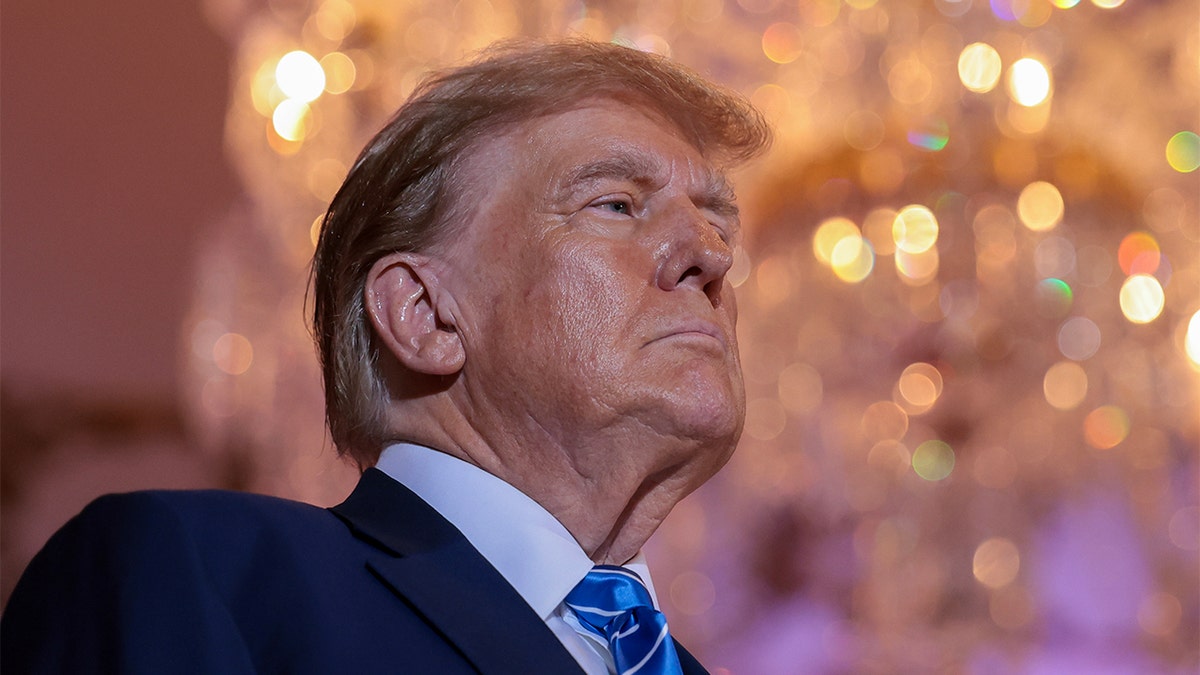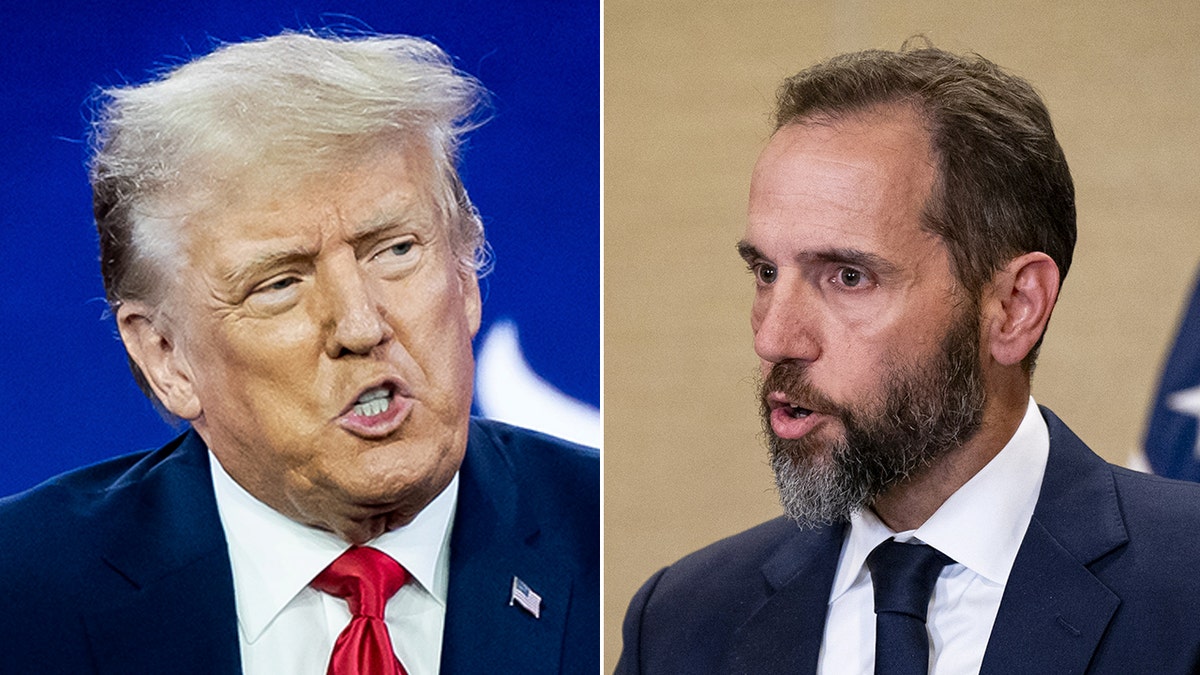
In a landmark case that could set a precedent for future presidents, the United States Supreme Court is set to hear arguments on Thursday, April 24, 2024, regarding former President Donald Trump's claim of presidential immunity against criminal prosecution. The outcome of this case could determine whether Trump faces trial on four felony counts related to his attempts to overturn the electoral vote count certifying Joe Biden's victory in the 2020 presidential election.
The legal argument for Trump's immunity is based on Supreme Court precedent that absolute immunity from civil liability exists for a former president for their official acts. However, special counsel Jack Smith argues that this precedent does not apply to criminal cases and could undermine the founders' vision of a presidency restrained in power.
The case, Donald J. Trump v. United States, presents an unprecedented constitutional question brought about by former President Trump's actions following the 2020 election. The outcome could determine whether Trump faces a federal trial this year on charges including conspiracy to defraud the U.S., obstruction of an official proceeding, and other related crimes.
The delay in setting a trial date in Smith's federal election case against Trump has been attributed to the Supreme Court's decision to review the immunity claim. A ruling on this issue is expected before July 2024.
Brazil, France, Argentina, Italy, Japan, and South Korea have all relied on their courts to hold corrupt leaders accountable for their misconduct. The United States Supreme Court's decision to review the immunity case may delay legal accountability for no justifiable reason and could potentially undermine democratic values.
The court often has an institutional interest in cases of presidential power, but its insistence on putting its own stamp on this case may facilitate Trump's efforts to avoid a legal reckoning. The Supreme Court will hear oral arguments from both sides on Thursday, April 24, 2024.






